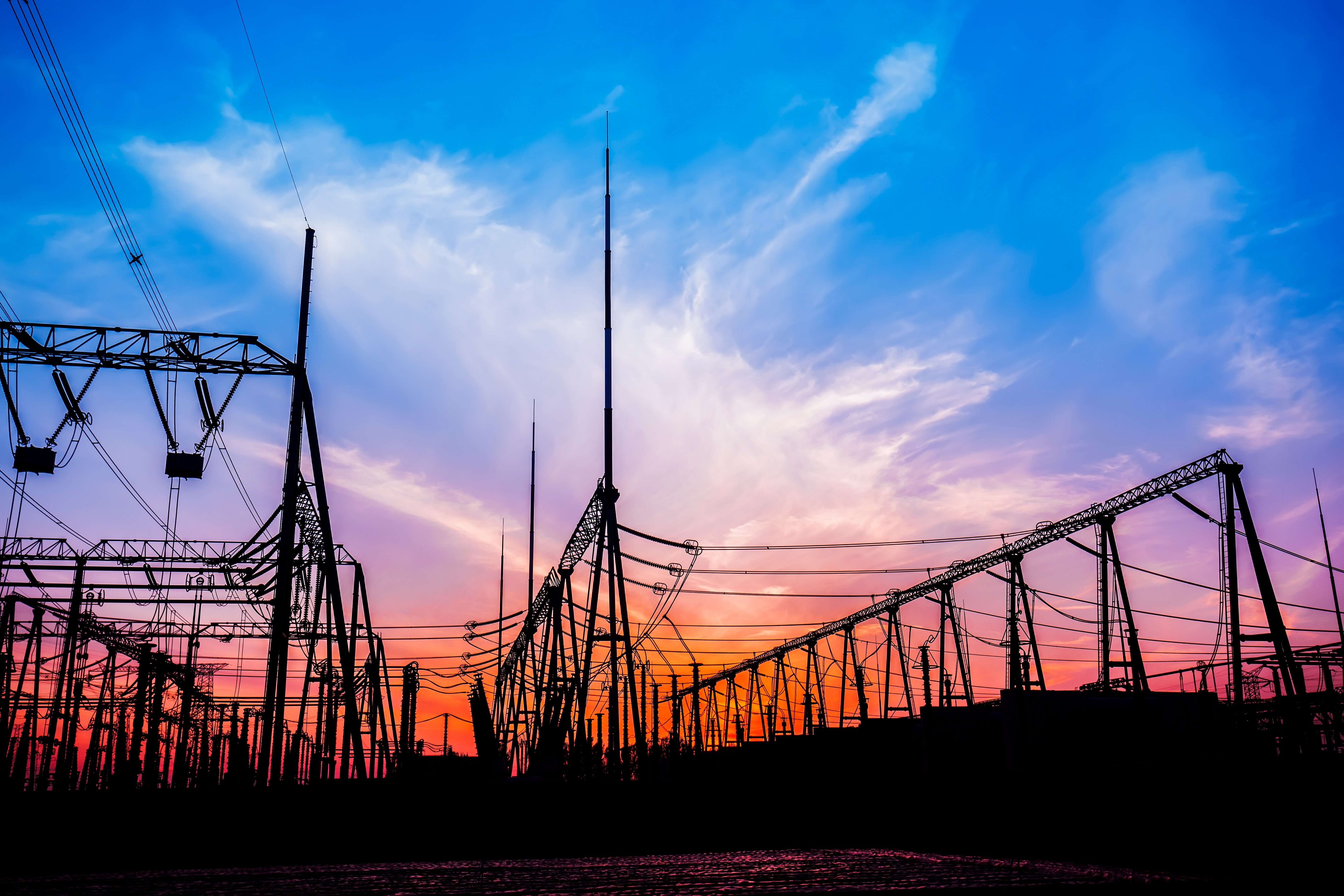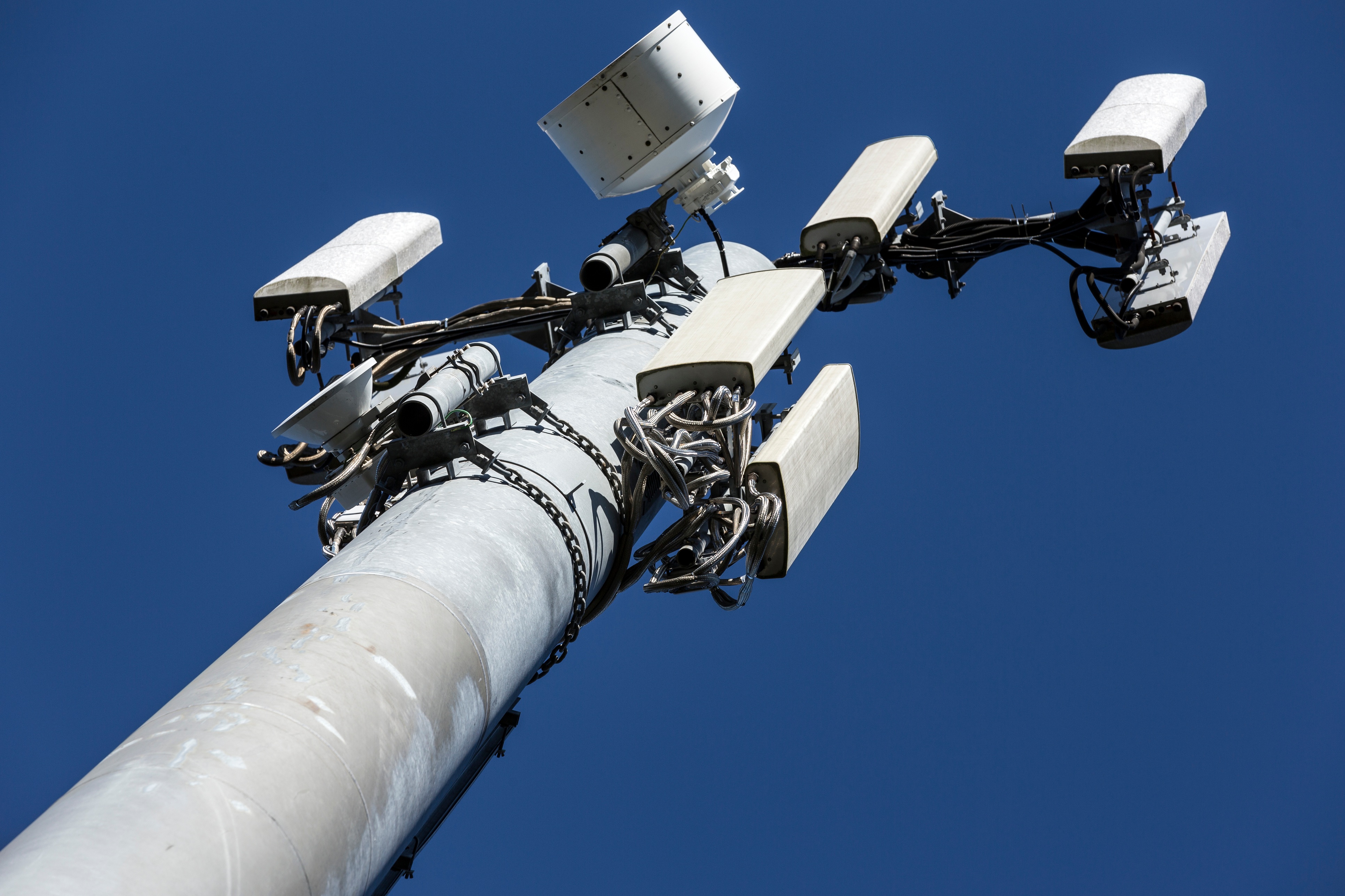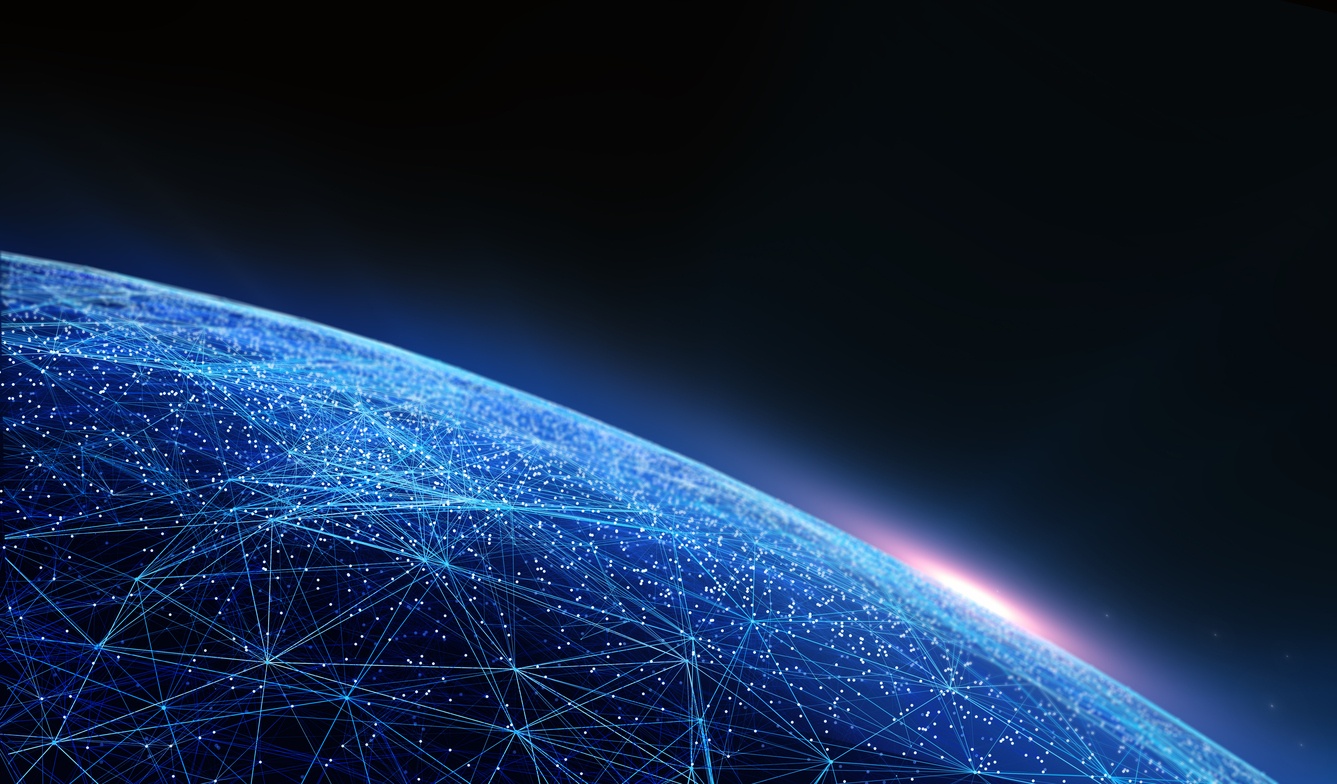Low-cost airlines have led to increased competition for passengers in the rail industry. These airlines (particularly in Europe) can get passengers to their destinations cheaper and faster than a train, even when they spend time going through security.
Powerbox Australia Blog
As the world becomes increasingly urbanised, we can expect the number of journeys to triple by 2050. Most countries simply don’t have the roads available to absorb that increase.
The rail industry is currently experiencing massive, widespread change, driven by varied and wide-ranging influences. Along with these changes come both challenges and opportunities. Businesses able to respond to these changes will be more competitive and ready to move into the future.
In September, the Australian Communications and Media Authority proposed an acceleration of the process that would allow telecommunications companies to build 5G mobile networks.
It sounds like something out of a movie. Public transport grinds to a halt. Networks go dark. Lights go out. And an entire city is paralysed and shutdown as critical infrastructure is targeted- all with the press of a button.
Artificial intelligence is a term used to refer to computer systems that can perform tasks normally reserved for humans. But recently, AI has appeared on the brink of revolutionising industries like law, healthcare, manufacturing, and telecommunications.
The IoT (Internet of Things) is increasingly changing the way we work and live while becoming part of our daily lifestyle. Over the past few years, the IoT has gained visibility thanks to the rise of interactive fitness trackers, intelligent thermostats, and the expectation of autonomous vehicles.
The energy war is heating up, and the solar-plus-storage revolution is on the way. Solar-based generation has long been available in the market, however energy utilities have managed to keep companies and consumers on the grid.
There are massive changes on the way for the telco industry, many of which will revolutionise the way we communicate. Disruption is guaranteed, and the companies that are prepared for these external factors will be the ones that retain a competitive edge in the future.
The demand for high quality, reliable hybrid power continues to increase each year. There is also a particularly high demand for non-diesel energy source options for telecommunications networks.










